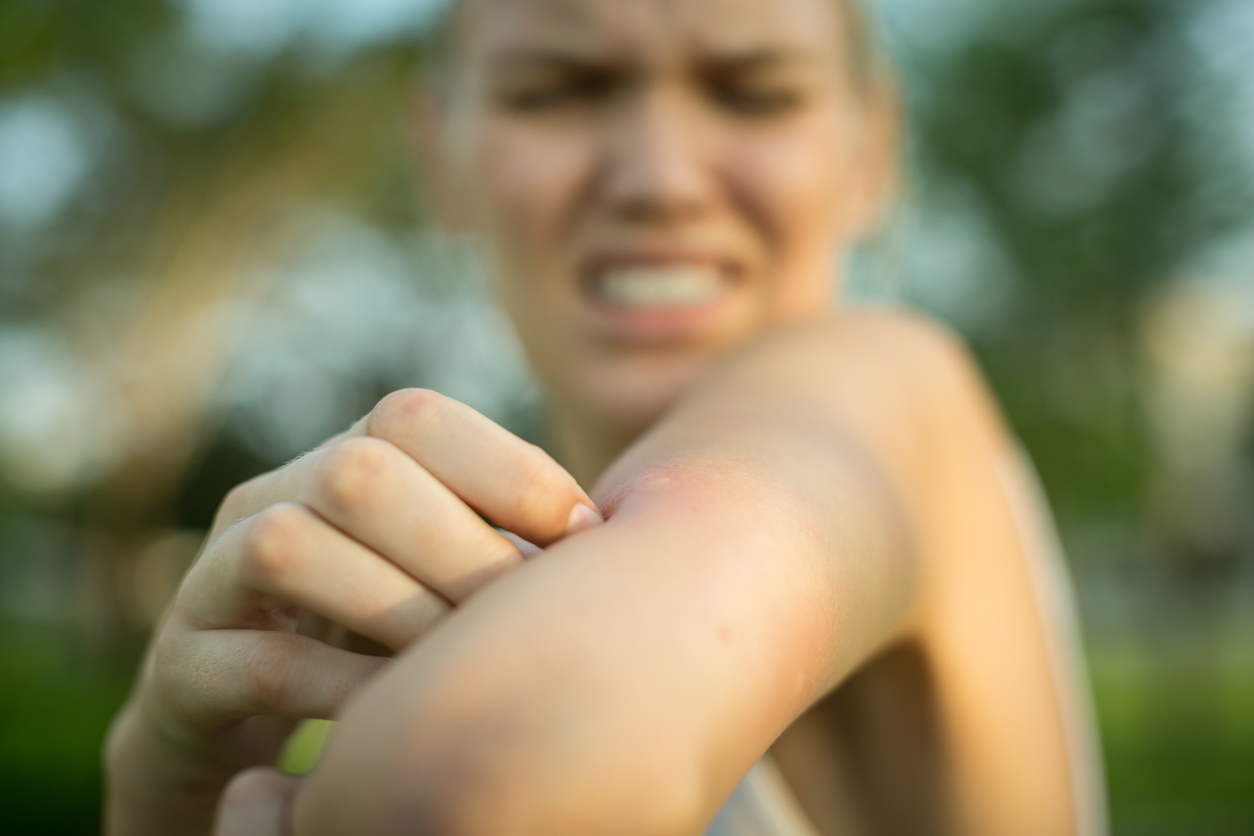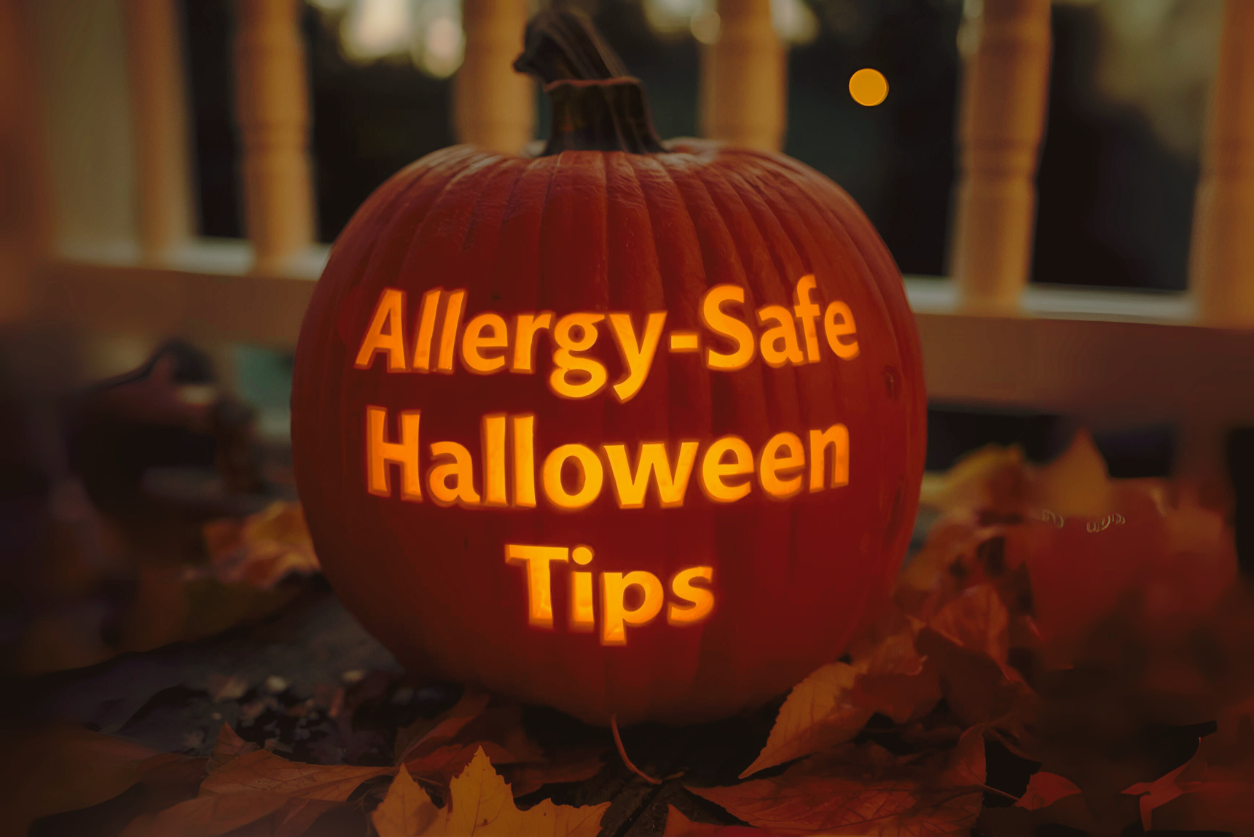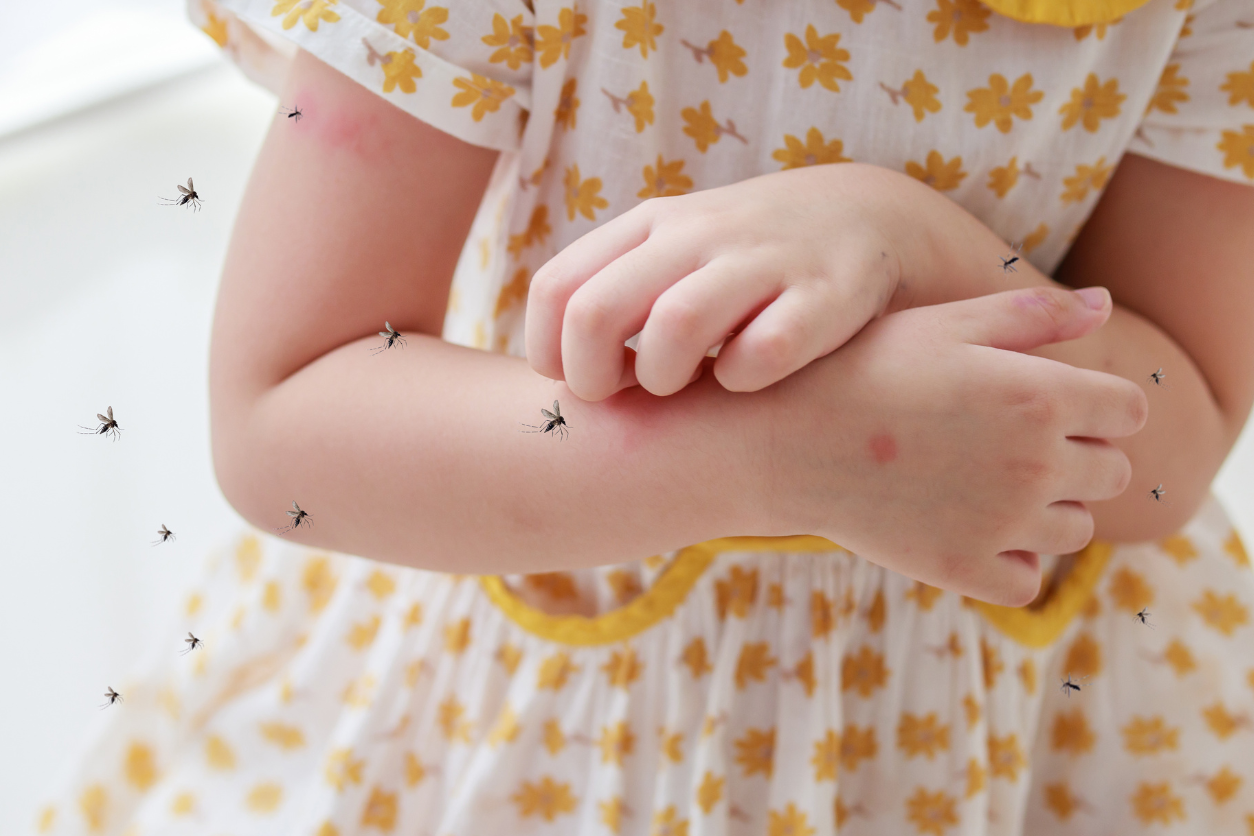Texas summers are no joke. With triple-digit heat and rising humidity, it’s no surprise that skin conditions like eczema can flare up fast. If you’re one of the many North Texans managing eczema, you’ve probably noticed your symptoms flaring right in time for pool days and barbecues.
But you don’t have to choose between enjoying summer and protecting your skin. With a few creative strategies, managing eczema in the summer is possible – and even preventing flare-ups before they start.
Why Does Eczema Flare in the Heat?
Eczema, or atopic dermatitis, is a chronic skin condition that causes dryness, itching, inflammation, and sometimes oozing or crusting. While cold air and dry winters can be tough, summer brings its own eczema triggers, including:
- Sweat: It’s salty, sticky, and irritates sensitive skin.
- Heat: Triggers itching and increases inflammation.
- Humidity: Can cause excess moisture buildup in skin folds, worsening irritation.
- Chlorine and sun: Swimming and sun exposure may dry or inflame the skin.
If you’ve ever wondered about the connection between heat and eczema, this is it – your skin simply reacts to all those summer elements like an allergy alarm.
Signs Your Skin’s Not Loving the Heat
Watch out for these summer-specific eczema symptoms:
- Increased redness and itching after sweating
- Dry, cracked, or scaly patches after sun exposure
- Tiny blisters or bumps in creases (like elbows, knees, or neck)
- More nighttime itching (often made worse by trapped heat)
Eczema Summer Tips: How to Stay Cool and Comfortable
Here’s how to enjoy your summer while keeping flare-ups at bay:
Choose Your Clothes Wisely
- Wear loose-fitting, breathable fabrics like cotton or bamboo.
- Avoid rough, synthetic materials that trap heat and irritate the skin.
- Remember that light-colored clothing reflects heat, while dark fabrics can worsen sweating.
Manage Sweat and Skin Moisture
- Shower or rinse off with lukewarm water after sweating.
- Gently pat skin dry (don’t rub) and reapply moisturizer immediately.
- Keep a cool, damp cloth on hand for quick relief on hot days.
Take Care Outside
- Avoid outdoor activity during peak heat hours.
- Stick to shady spots or stay indoors during high UV days.
- Use a fragrance-free, mineral-based sunscreen made for sensitive skin.
“In hot climates like DFW, sweat and heat are some of the biggest eczema triggers. Consistent moisture care and early prevention can make a world of difference.”
What About Swimming and Eczema?
Swimming can be tricky. Chlorine can dry out the skin but may also reduce bacteria that can worsen eczema. To swim safely:
- Apply a thick, protective moisturizer before getting in the pool.
- Shower immediately after swimming and moisturize again.
- Try to limit swim sessions to 20–30 minutes if your skin is flaring.
When to Get Help
If your eczema flare-ups in the heat become hard to control, don’t wait until fall for relief. Our team at Southwest Allergy and Asthma Center can help with:
- Identifying heat and sweat triggers
- Personalized treatment plans and prescription topicals
- Allergy testing is helpful if symptoms overlap with seasonal triggers
You shouldn’t have to sit out on pool days, family hikes, or warm summer nights. By understanding how eczema and heat interact – and building some eczema summer tips into your daily routine – you can take control of your skin and enjoy a healthier, more comfortable season.





